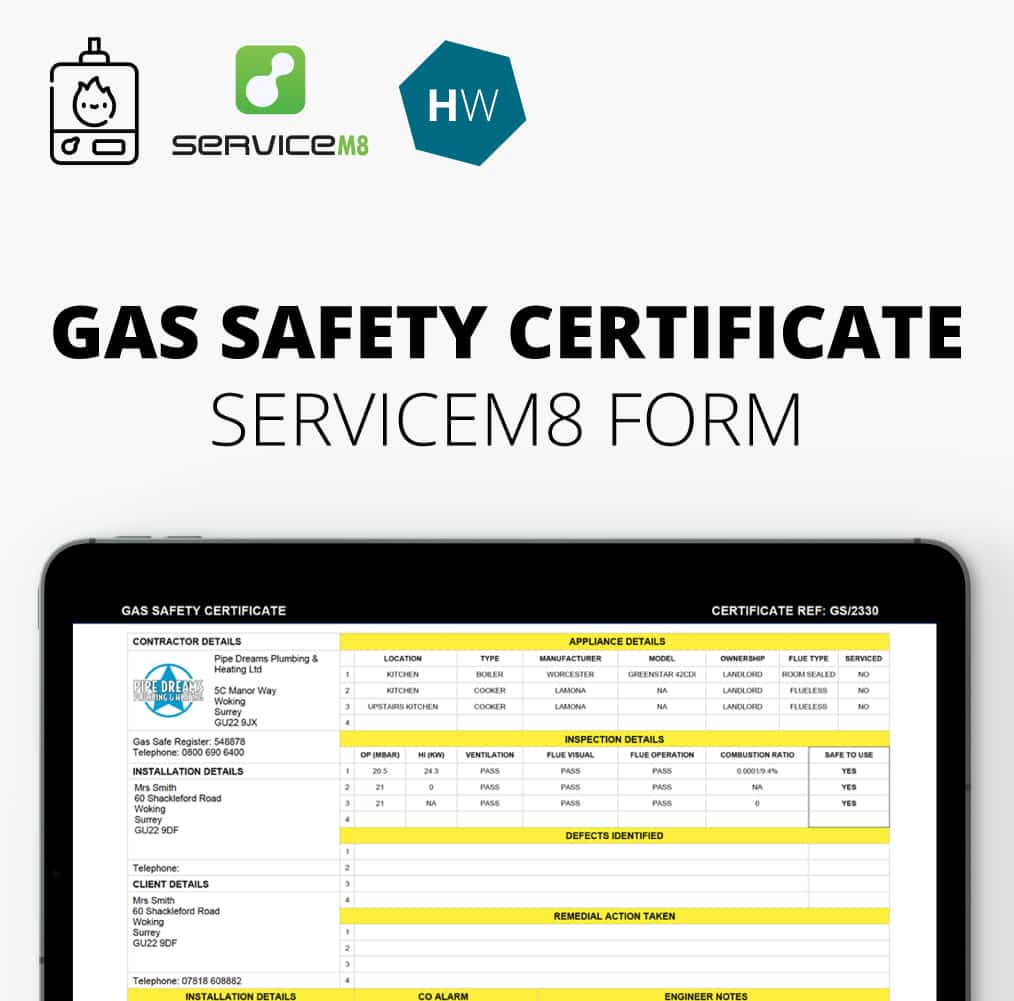Introduction
A Gas Safe certificate is a crucial document that verifies the safety and compliance of gas appliances and installations in residential and commercial properties. Issued by qualified Gas Safe registered engineers, this certificate serves as evidence that gas-related work has been carried out to the highest safety standards. In this article, we will delve into the significance of obtaining a Gas Safe certificate, its benefits, and how it ensures the well-being of occupants and compliance with regulations.

1. What is a Gas Safe Certificate?
1.1 Definition
A Gas Safe certificate, also known as a Gas Safety certificate or CP12 certificate, is a legal requirement for landlords and property owners in the United Kingdom who have gas appliances installed on their premises. It confirms that all gas-related installations, fittings, and appliances have been inspected and deemed safe by a Gas Safe registered engineer.
1.2 Scope of Inspection
During the inspection, the Gas Safe engineer checks for any potential gas leaks, appliance functionality, ventilation, and overall safety. The engineer also verifies that the gas appliances comply with the manufacturer’s guidelines and the relevant gas gas safe certificate safety regulations.
2. Benefits of a Gas Safe Certificate
2.1 Ensuring Safety
The primary benefit of a Gas Safe certificate is ensuring the safety of the property’s occupants. Gas leaks or faulty appliances can pose significant health risks, including carbon monoxide poisoning and potential explosions. A valid certificate provides peace of mind that the gas installations are safe to use.
2.2 Compliance with the Law
In the UK, the Gas Safety (Installation and Use) Regulations 1998 mandate landlords and property owners to have an annual gas safety inspection conducted by a Gas Safe registered engineer. Failure to comply with these regulations can lead to severe penalties, including fines and potential imprisonment.
3. Who Needs a Gas Safe Certificate?
3.1 Landlords and Property Owners
Landlords and property owners who rent out their properties must obtain a Gas Safe certificate annually. The certificate must be provided to tenants within 28 days of the inspection or when a new tenant moves in.
3.2 Homeowners
Though not legally required for homeowners, it is highly recommended to have gas appliances inspected regularly and obtain a Gas Safe certificate to ensure safety and maintain the value of the property.
4.1 Qualified Professionals
Gas Safe registered engineers undergo extensive training and qualifications to handle gas-related installations and conduct safety inspections. Hiring a registered engineer guarantees competence and compliance with industry standards.
4.2 Validating the Certificate
A Gas Safe registered engineer’s unique registration number will be on the certificate, validating its authenticity. Always verify the engineer’s credentials before proceeding with the inspection.
Conclusion
A Gas Safe certificate is a vital document that emphasizes the importance of safety and compliance in properties with gas appliances. Whether you are a landlord or a homeowner, obtaining an annual Gas Safe certificate not only ensures the well-being of occupants but also demonstrates your commitment to following gas safety regulations.
Remember, gas safety is not an option; it is a necessity. Schedule your annual gas safety inspection with a Gas Safe registered engineer to obtain your certificate promptly and maintain a safe living or working environment for everyone involved.